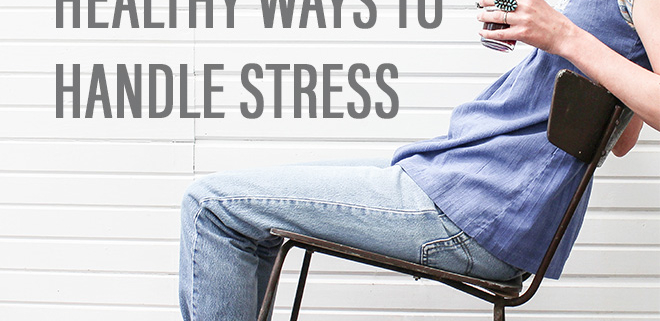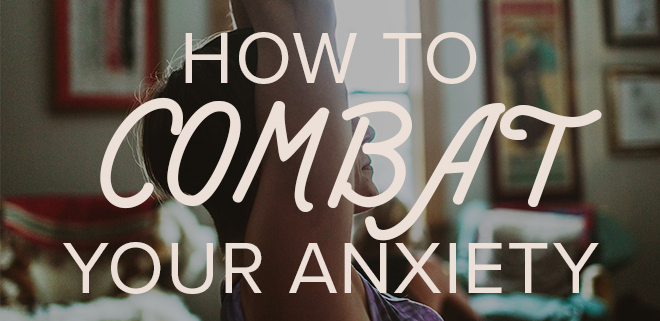It’s important to give yourself the permission to relax every once in awhile, whether that quiet moment is spent with a steaming cup of tea or an indulgent massage. Stress and exhaustion can cause long-term health issues if allowed to remain severe for too long. We’d like to share a few tips for relaxation to help you take care of yourself.
PUT ON THE KETTLE.
We’ll start with a cup of hot tea. Some studies suggest that an amino acid found in tea, L-theanine, causes the brain to relax. While this statement is still mildly debated, the fact remains that tea is the second-most-consumed liquid in the world, next to water. Many people attribute the simple ritual of sipping a cup of tea to a calming, familiar feeling that is brought on simply by the action of drinking it.
Other herbal teas, such as chamomile and lavender, are said to have calming properties as well. When dealing with herbs, it’s important to check with your doctor if you have any conditions or take medicines that react badly with the herb blends… but if you’re in the clear, what’s to lose? Put on the kettle and see if those shoulders loosen up.
CREATE A COMFORTING ROUTINE.
If you find yourself regularly feeling stressed out, you might benefit from a calming routine. It can be something small-scale to help you calm down in a pinch, or a longer ritual to help you wind down before bed. Either way, it’s important to examine your needs and feelings to establish a routine that will be right for you. Do breathing exercises help? Do you enjoy reading? Is a long, hot bath a surefire way to ease your worries and turn down the thoughts in your head?
Routine provides something to look forward to and creates a consistent set of actions that you can depend on. You can always add a nice cup of tea to that ritual, of course!
EXERCISE
For some people, the act of movement allows the body to burn off energy and the mind to find focus. While more strenuous activities like running and weight-lifting provide a release for some, it’s often the case that a more gentle form of exercise allows a stressed-out individual to calm both their mind and body. Long walks, yoga class, and low-impact swimming are all ideal examples of using exercise to release stress.
JOURNALING
Stress often results from a buildup of responsibilities and negative emotions. Keeping a journal can provide a much-needed space into which you can release some of those fears and concerns. According to a 1986 study on expressive writing, students who wrote about traumatic and stressful events reported an almost immediate decrease in distress. Those who continued the practice over time reported an increase in the quality of their physical health as well.
Bottling up your feelings can lead to stress. Releasing those feelings can relieve that stress. A journal is a wonderful way to disclose your emotions and thoughts in a safe, controlled environment.
MAKE IT ABOUT YOU.
Whether you love tea or hate it… whether you’d rather run a mile than get a massage, the point of this post is to encourage relaxation that works for you. A mind that carries stress and tension for a prolonged period is also a body carrying that stress and tension. Finding techniques that help ease both physical and mental stress will allow you to focus on the things that you love.



